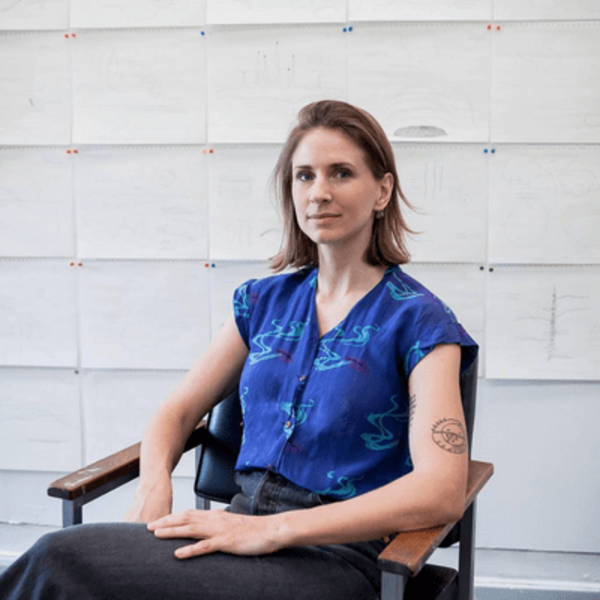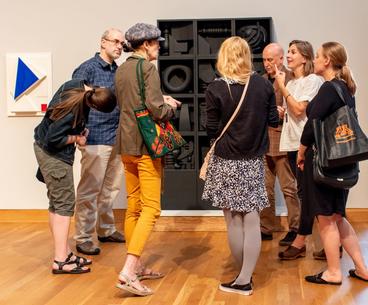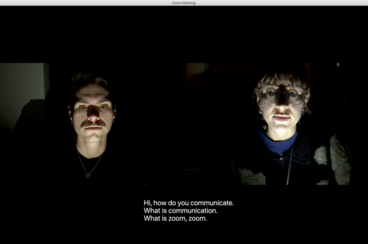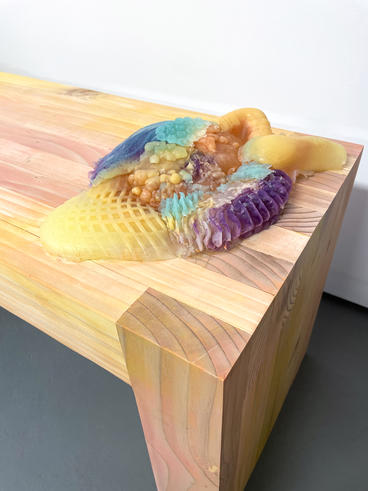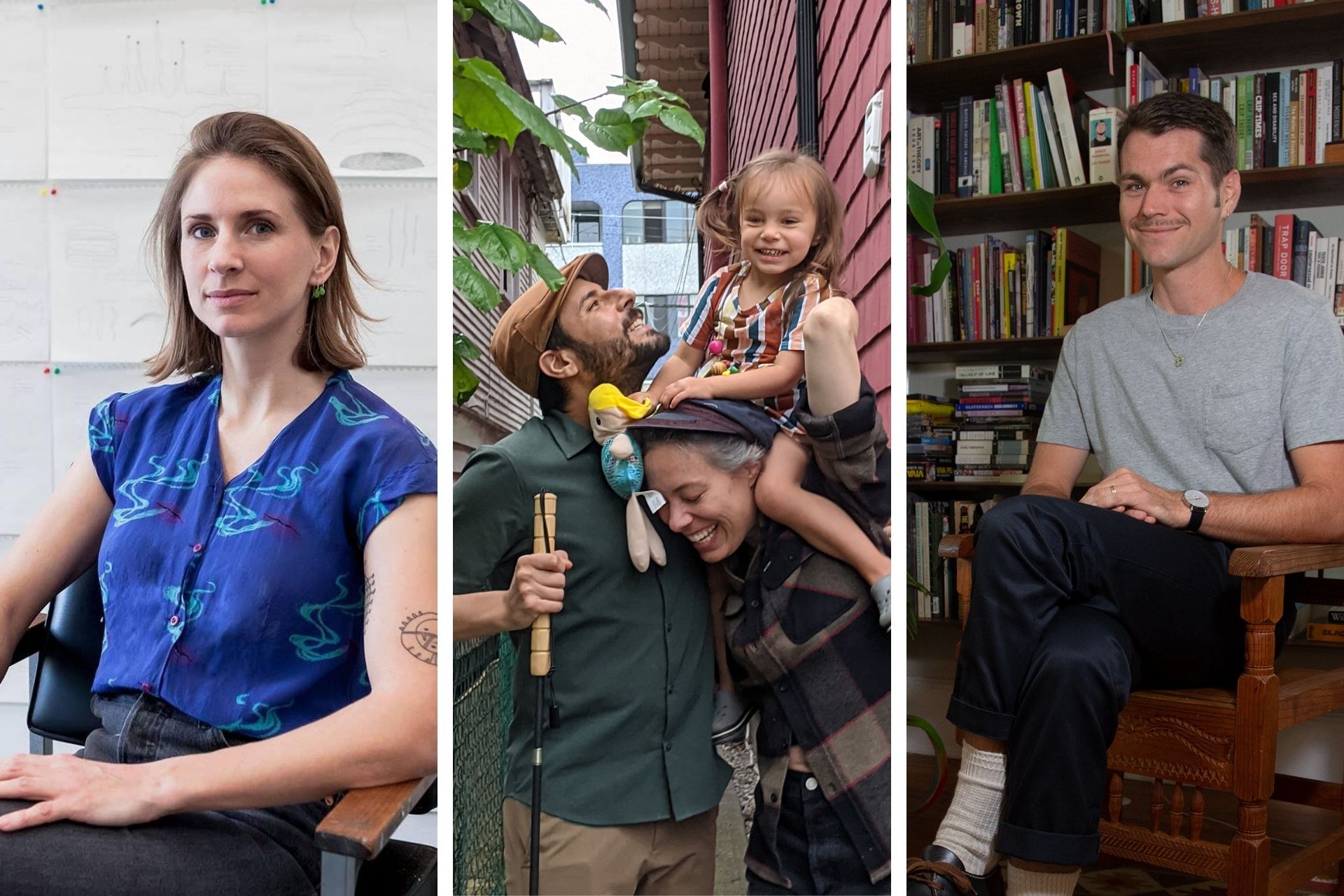
Additional Details
On Interdependence: A Virtual Discussion Focused on the Theme of Access Ecologies in Families and Communities
What does it mean to depend on someone else and whose responsibility is access anyway? This virtual program looks at interdependence in relationships and within communities, engaging disability justice and disability rights activists, scholars and artists.
Christopher Robert Jones
Christopher Robert Jones is an artist, writer, and Research Assistant Professor at the University of Illinois Urbana-Champaign (UIUC). They are the co-founder of Crip*—Cripistemology and the Arts (Crip*), a transdisciplinary initiative that is housed within the College of Fine and Applied Arts. Their recent Blue Description Project, made in collaboration with Liza Sylvestre and Sarah Hayden, will be screening this Spring and Summer at Gene Siskel Film Center (SAIC), MIT List Visual Arts Center, Whitney Museum of American Art, Personal Space Gallery, Weatherspoon Art Museum, and BFI Southbank Center.
Kristin Lantz
Kristin Lantz (she/they) is an artist and curator whose work is concerned with the cultural implications of caregiving. Before becoming a mother on September 7, 2018, she was the programs coordinator at Gallery Gachet, a collectively-run space in Vancouver’s Downtown Eastside that is dedicated to demystifying issues related to mental health and social marginalization. With over 15 years of experience in supportive roles at art spaces such as the Whitney Museum of American Art, the Columbus Museum of Art, the Museum of Vancouver and the Purple Thistle Centre, Kristin currently works with her partner Carmen Papalia as a collaborator and arts manager.
Carmen Papalia
Carmen Papalia (he/him) is a nonvisual social practice artist with chronic and episodic pain. In 2021 he co-founded the Open Access Foundation for Arts & Culture (OAFAC), a pandemic-era cultural organization that aims to set a new cultural standard for accessibility by nurturing creative and justice-oriented accessibility practices.
Since 2009 Papalia has used organizing strategies and improvisation to address his access to public space, art institutions and visual culture. His work, which takes forms ranging from collaborative performance to public intervention, is an effort to establish welcoming spaces where disabled, sick and chronically ill people can build capacity for care that they lack on account of governmental failure and medical ableism.
Liza Sylvestre
Liza Sylvestre is a transdisciplinary artist and a Research Assistant Professor within the College of Fine and Applied Arts at UIUC where she has co-founded the initiative Crip*––Cripistemologyand the Arts (Crip*). Her work has been shown internationally at venues including the Plains Art Museum (Fargo), Weisman Art Museum (Minneapolis), Roots & Culture (Chicago), Soap Factory (Minneapolis), Soo Visual Arts Center (Minneapolis), John Hansard Gallery (Southampton, UK), ARGOS (Brussels), MMK (Frankfurt, Germany), MIT List Visual Arts Center (Cambridge), Collective (Edinburgh, Scotland), and Marta Herford (Herford, Germany). Sylvestre has been the recipient of both an Artists Initiative and an Arts Learning grant from the Minnesota State Arts Board, a fellowship through Art(ists) on the Verge, and most recently she has been named a 2021 Joan Mitchell Foundation Fellow and a 2022 Louis Comfort Tiffany Fellow. She has been artist-in-residence of the Weisman Art Museum and the Center for Applied and Translational Sensory Science (CATSS). In 2019 she received a Citizens Advocate Award from the Minnesota Commission of the Deaf, DeafBlind, and Hard of Hearing (MNCDHH). Sylvestre work has been written about in Art in America, Mousse Magazine, OculaMagazine, Art Monthly, SciArt Magazine and others.

